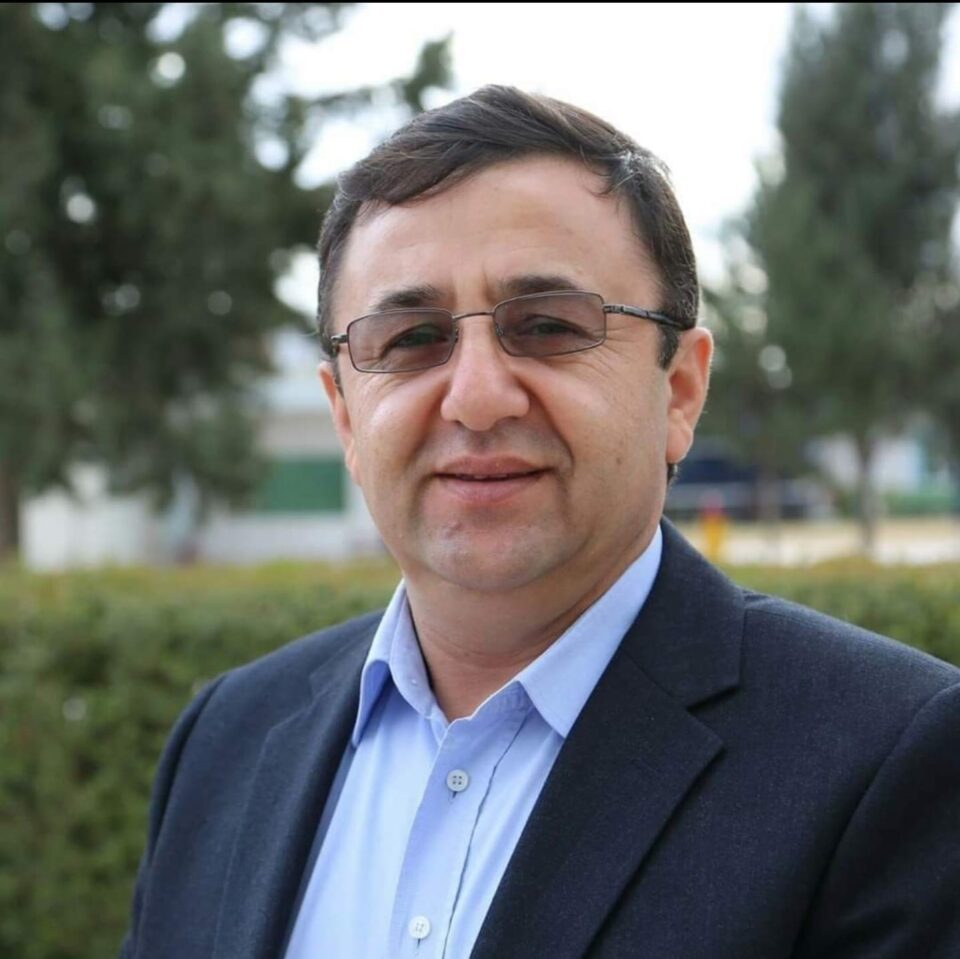By  Dr. Hassan Ahmad Mustafa
Middle Eastern expectations for stability were undermined by the Arab Spring, particularly in Syria, where long-standing tensions escalated into bloody violence.    While Iran, Turkey and Russia have been trying to exploit the chaos since the Astana meetings, with the fall of Bashar al-Assad, Iran and Russia have lost their role in Syria, but Turkey has maintained its role. Syria became the focal point of a global war. The Geneva meetings and the presence of the United States and France in Syria still play a role.
But freedom and stability did not come with the fall of the Assad regime in 2024 nor earlier Iraq in 2003. Instead, they filled the vacuum with opposition groups that, ironically, emerged more violent and repressive than the dictatorships that plagued the people of their countries for decades.  In post-2003 Iraq, the marginalization of the Sunni community contributed to the creation of ISIS.    At the same time, after 2011, Syria grew into a haven for terrorist groups such as al-Nusra, al-Qaeda, and ISIS, and later HTS.
 The traps of the opposition
The power shift from the threat of authoritarian control to a radical religious opposition is one of the least talked about aspects of the Syrian conflict.    This highlights a crucial issue in fragile and fragmented societies like Syria and Iraq.    Majority democracy, perfect as it may be in theory, has turned out to be terrible in both countries.      A cycle of instability and marginalization that relies solely on the will of the majority to form a government is dangerous.  German Foreign Minister Annalena Berbock met with Syria’s new ruler Ahmed al-Sharia in Damascus, but the Sunni leader refused to shake hands.
Opposition movements in the Middle East hardly ever offer a democratic alternative.      Instead, they are often motivated by sectarianism and revenge.      Extremist power-struggling groups known in Syria as the Sunni Tolestines have replaced the Alawite government in Syria with a new form of tyranny.      This change is expected to further oppress Kurds and other minorities and plunge the nation into further chaos.
Iraq and Syria have both had experience running Islamist and leftist parties.      These countries were once ruled by pro-Soviet socialist movements.
The transition to an Islamist government in Iraq after 2003 only led to cycles of conflict, and in Syria after 2012, Islamist groups ruled places like Aleppo and Idlib for more than a decade without ever being provided with a satisfactory experience.
These past failures show that inclusive and just administration has not been achieved by either Islamic or Marxist ideology.
Opposition movements in the region are broadly divided into three types.
- In the past, leftist movements have ruled Syria and Iraq. Under Saddam and Assad, the Ba’athist Arab Socialist Party even held power in Syria and Iraq, so a leftist rise is not expected
- Nationalist movements whether right or left could never find balance and unity.
- Islamist movements, whether Iraqi Shiites since 2003 or HTS, have ruled Aleppo and Idlib since 2012 through the persecution, expulsion and torture of their opponents.
It is evident from the lessons learned in Syria and Iraq that conventional forms of power exchange are no longer effective.  Models of governance based on inclusiveness and balance must take the place of systems that let one group to rule over another.  Internal dynamics alone cannot accomplish this because of the region’s profound divisions, which frequently prevent consensus.
External players play a crucial role in this situation.  The development of a system that values balance over majority control must be aided by the international community.  Breaking cycles of regional instability requires defending the rights of minorities and destroying retaliatory systems.
The Kurdish experience in Iraq and Syria serves as a metaphor for what happens when justice and equality are ignored.  The failure of Middle Eastern states to embrace inclusivity is highlighted by their fight for rights and recognition.  In the past, Turkish, Persian, and Arab nations have banded together to oppose Kurdish ambitions and have emphasized the pressing need for international action to rectify these injustices.
Outside the government and the opposition
A new paradigm is required as the challenges posed by radical oppositions have replaced those posed by authoritarian regimes.  Whether Islamist, nationalist, or communist, the movements that have arisen since the Arab Spring have mostly fallen short of offering a path forward.  The problem of promoting communication and collaboration must be taken on by the international community in order to create governance structures that cut over historical divides.
The lessons learned from Syria and Iraq serve as a reminder of the perils of taking easy fixes in intricate cultures.  Without a conscious move toward balanced government, the Middle East runs the risk of becoming caught up in oppressive and unstable cycles.  The world has a strategic and moral duty to back solutions that put democracy, human rights, and inclusivity first.  Only by taking a fair and impartial stance can the Middle East expect to achieve this.

